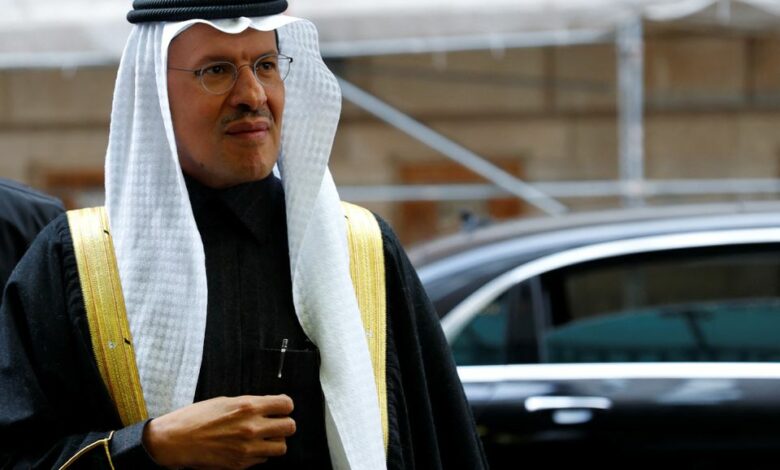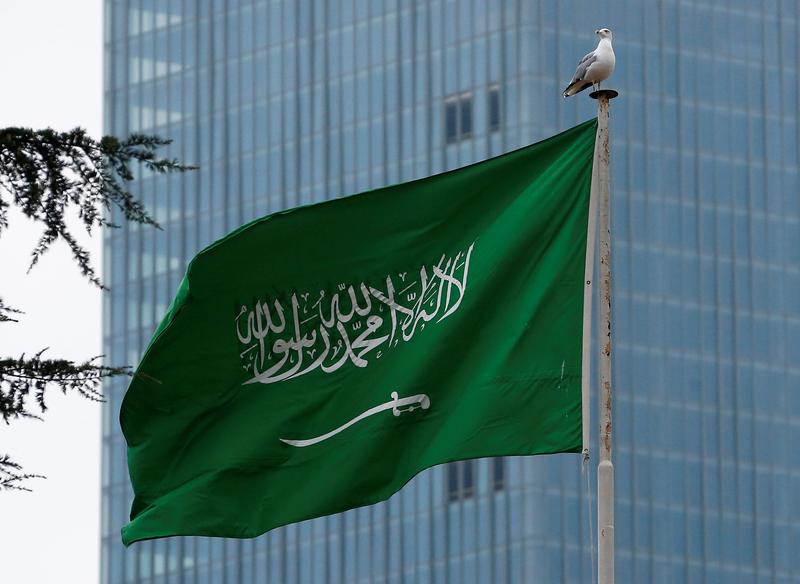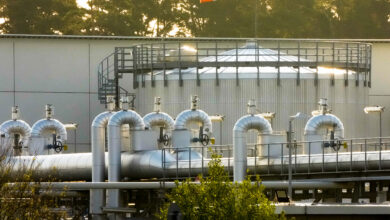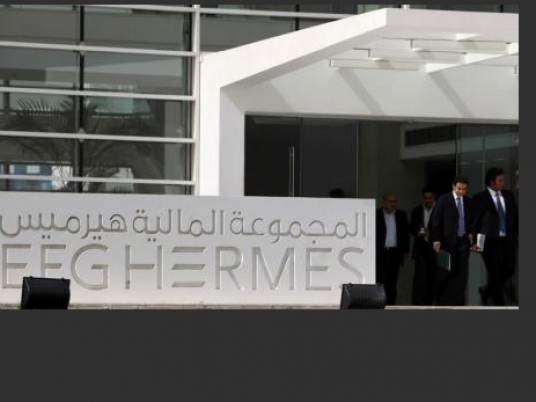
RIYADH, Jan 12 (Reuters) – The transition away from fossil fuels towards clean energy is complicated and the world needs to be flexible to avoid sacrificing energy security, Saudi Arabia’s energy minister said on Wednesday.
Prince Abdulaziz bin Salman al-Saud also told a mining conference in Saudi Arabia, the world’s biggest exporter of crude oil, that the kingdom planned to use its vast uranium resources to develop a nuclear power program.
The minister said he was still worried about the energy transition and that it needed to be thought through carefully.
“It may end up being a leap into the future, unfortunately an unknown future,” he said. “We should not forfeit energy security for the sake of a publicity stunt. That transition needs to be (a) well-thought of transition.”
Saudi Arabia said more than a decade ago that it was considering developing its own nuclear power program but it has yet to build any nuclear plants. Prince Abdulaziz said that Saudi Arabia would be manufacturing and developing uranium.
“Let me be very specific about it, we do have a huge amount of uranium resources that we would like to exploit and we will be doing it in the most transparent way, we will be bringing in partners,” the minister said.
He said Saudi Arabia would be publishing its energy strategy soon and that it was well-placed to become the cheapest producer of so-called green hydrogen.
“Our business model would enable us to do that … we are very open to every opportunity that comes our way and every technology,” Prince Abdulaziz said.
Saudi Arabia Mining Co. (Ma’aden), the Gulf’s largest miner, would also be creating a subsidiary for investments abroad.
“We have the foresight to put together through our champion in minerals, Ma’aden, a subsidiary company that will be developed very soon to venture abroad with partners,” he said.




